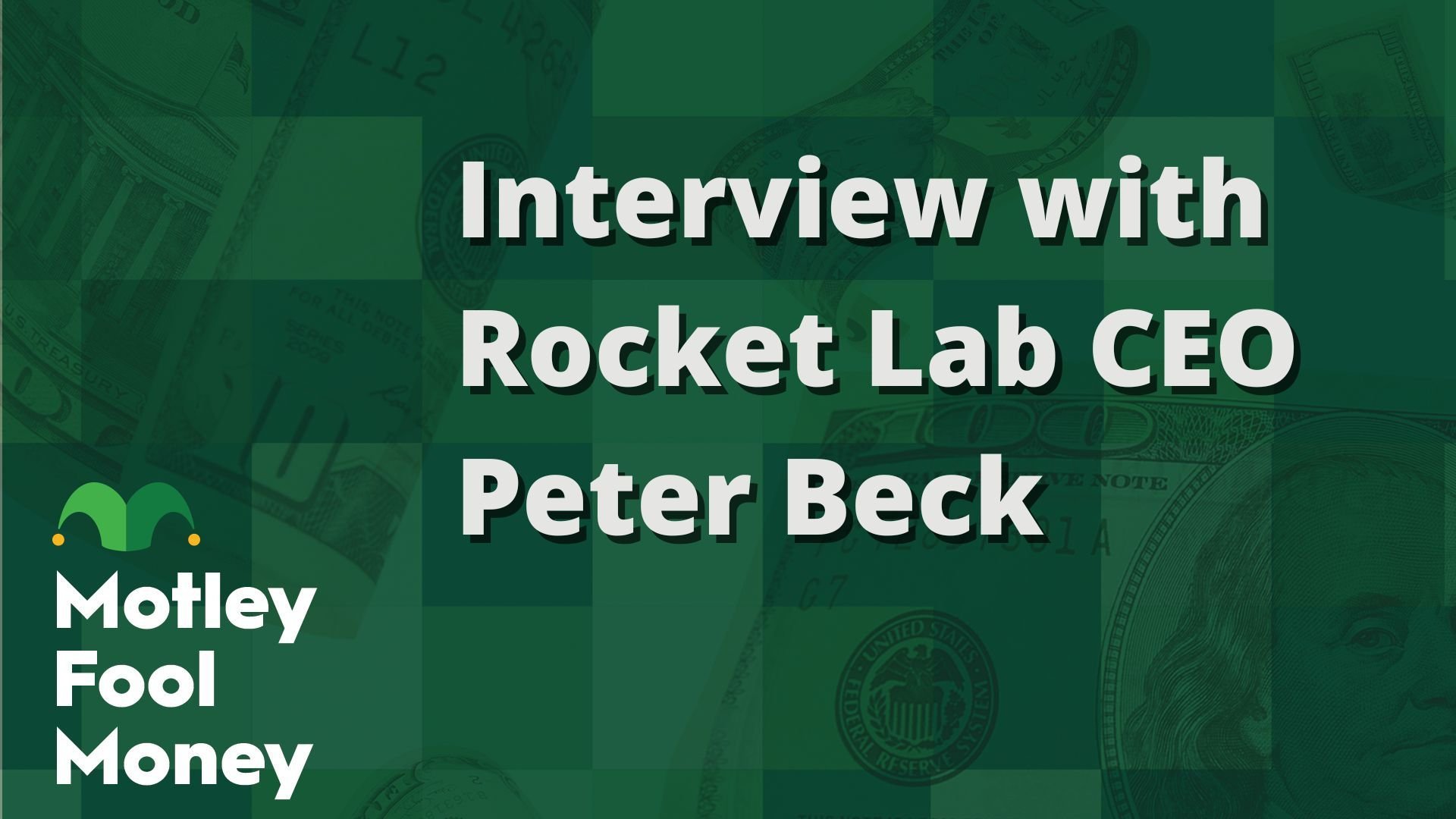A well-diversified portfolio should have more than two dozen stocks, across multiple sectors. That's the best way to ensure a shot at long-term results that beat the market.
However, what if an investor -- for whatever reason -- could only own three stocks? Would it be possible to build a well-diversified $50,000 portfolio that could outperform the market?
It's an interesting thought experiment. And here's how I would do it. These are what I consider the three best stocks to invest $50,000 in right now.

Image source: Getty Images.
1. AT&T
To get things started, I'd allocate $20,000, or 40% of my hypothetical portfolio, to AT&T (T +1.00%). Here's why.
I'm adding AT&T because, as a value stock, it will provide some type diversification to this hypothetical portfolio.
It's a legendary company with roots stretching back more than a century. Nowadays, it's enjoying a renaissance of sorts as it refocuses on its wireless and fiber businesses after shedding ancillary segments like DirecTV.

NYSE: T
Key Data Points
The stock has a reasonable valuation, with a price-to-earnings (P/E) multiple of 16. And it has a solid dividend yield of around 4%, meaning it will provide some much-needed income for this hypothetical portfolio.
Yet, as with all stocks, there are risks to owning AT&T. The biggest, in my opinion, is the company's balance sheet. The company has been aggressively paying down debt in recent years, but it still has over $123 billion in net debt as of this writing. All that debt could act as a drag on the company in the long term. However, it's a risk I'm willing to take, at least for this hypothetical portfolio.
2. Rocket Lab
Rocket Lab (RKLB 0.13%) sits at the other end of the stock longevity spectrum from AT&T. The company was founded in 2006 and debuted on the stock market in 2021. And it's focused on a truly 21st century industry: the space economy.
Specifically, the company provides orbital launches for the government and businesses. Rocket Lab has successfully launched about 65 missions so far, and the company has plans to greatly accelerate that number in the coming years, including with reusable rockets.

NASDAQ: RKLB
Key Data Points
Like privately owned rival SpaceX, Rocket Lab is aiming to greatly reduce the cost of launches. That said, it hasn't produced any profits in its time as a public company and has lost over $200 million in the past 12 months. Yet, if the company continues to make progress on its launch schedule -- particularly with its new reusable rocket set to debut in the next 12 months -- profitability may not be that far off.
Nevertheless, due to its lack of current profitability and speculative nature, I'd take a conservative approach with Rocket Lab stock and only allocate $2,500, or 5%, of my $50,000 portfolio to it.
3. Alphabet
I'd allocate $27,500, or 55%, of my hypothetical portfolio to Alphabet (GOOG +0.00%)(GOOGL 0.08%). Here's why.
If AT&T is my value stock, and Rocket Lab is my hypergrowth stock, then Alphabet charts a nice course somewhere in between those two.
The company is gigantic, with a market cap of $2.3 trillion, making it the fifth-largest American company. It has generated $370 billion in revenue over the last 12 months, most of that coming from its unstoppable Google Search business.
That webpage Google.com, along with its main video website, YouTube.com, are far and away the two most visited websites in the world. Combined, they account for 113 billion monthly visits. For comparison, the third most-visited website is Facebook.com, which generates 15 billion monthly visits.

NASDAQ: GOOGL
Key Data Points
But Alphabet is more than just search and YouTube. The company also has the third-largest cloud services business, trailing only Amazon and Microsoft. It also has several cutting-edge technologies that could begin to bear fruit in the coming years, including autonomous driving through its Waymo subsidiary, quantum computing, and numerous artificial intelligence (AI) initiatives.
Alphabet is a best-of-both-worlds stock. It offers excellent fundamentals with solid growth currently, thanks to its prime position within internet search and video, and it has future potential from its innovative segments.
It's a fantastic stock to build a portfolio around, which is why I'd make it the biggest part of my fantasy $50,000 portfolio.






